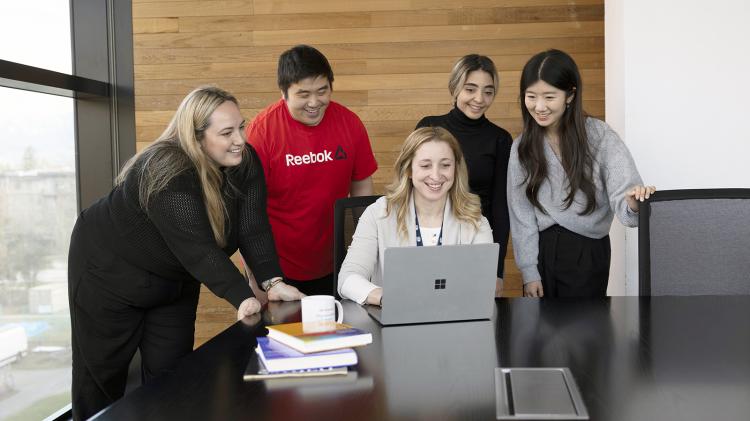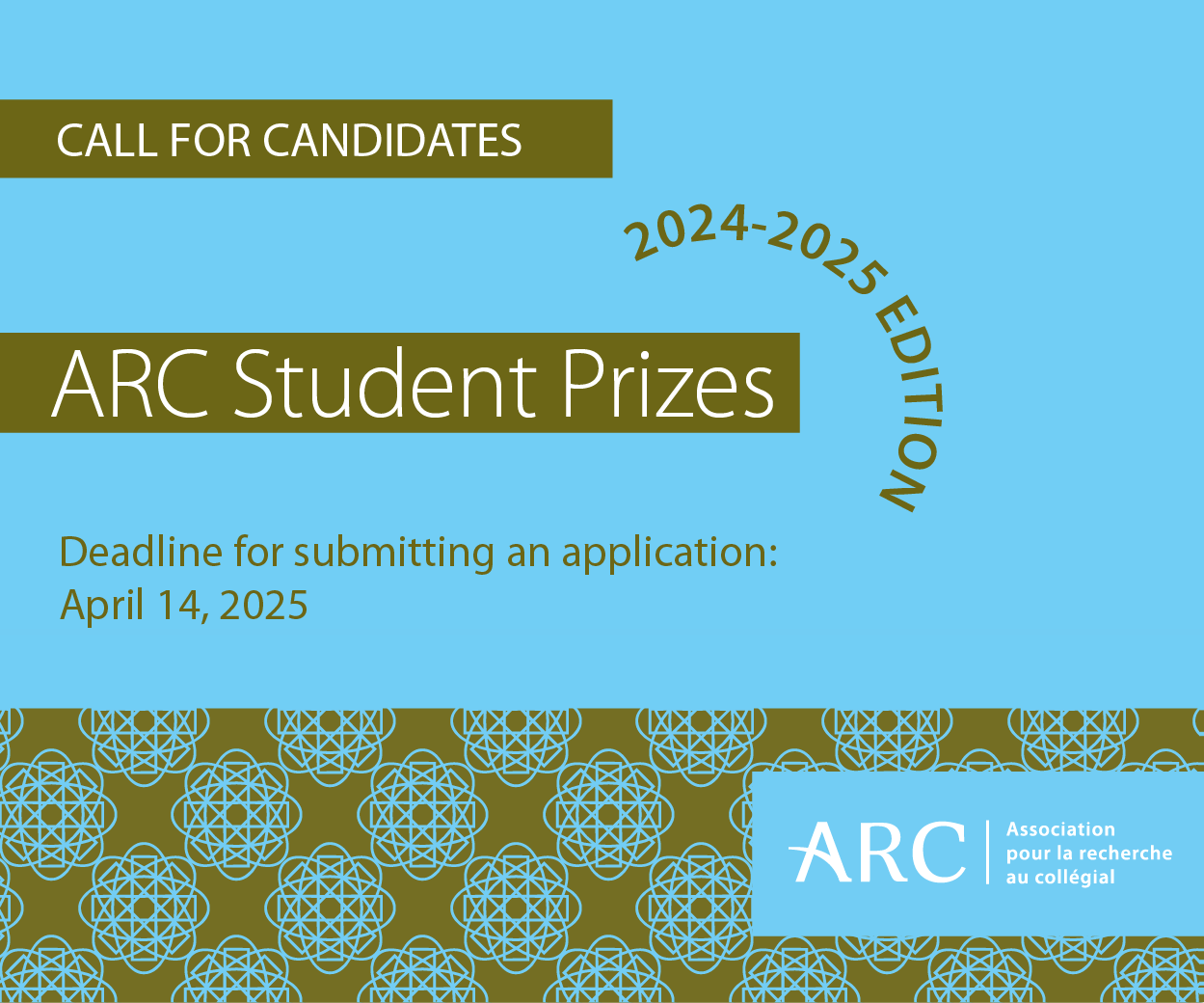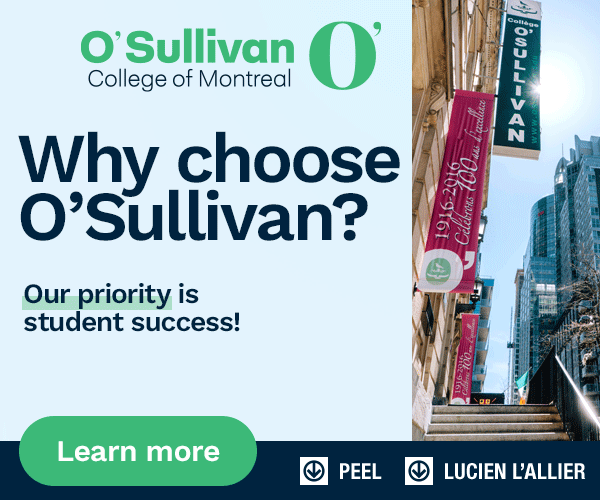Jacquelyn Cragg's life changed forever the night her father was fatally stabbed during a robbery at their home in Alberta in the early 1990s.

UBC researcher and professor Dr. Jacquelyn Cragg surrounded by her students at UBC's faculty of pharmaceutical sciences. (Photo credit: Jim Galvao.)
She was eight years old. Her childhood ended that night. In the years that followed, math became her refuge numbers, a way to bring order to chaos.
"Numbers give me resilience and fill my heart," she wrote many years later in the Canadian Medical Association Journal. "My Grade 12 calculus teacher gave me integrals and trigonometry and derivatives, and having the keys to find the right answers helped restore the feeling of safety that had been taken away from me as a child."
She turned that love of mathematics and calculus into a degree in statistics and biology, which led to a professorship in health outcomes at UBC, where she uses data to study neurological diseases like amyotrophic lateral sclerosis (ALS).
Now, she's using science to help others heal.
This fall, Dr. Cragg is launching a mentorship program for youth affected by violent crime. Up to 30 youth, nominated by community partners, will be paired with 30 UBC graduate student mentors who will guide them in building a science fair project. The mentors all volunteers will receive trauma training to support their work.
Funded by a $150,000 PromoScience grant from the Natural Sciences and Engineering Research Council of Canada (NSERC), the program will run for three years, engaging a total of 90 youth participants and around 90 youth mentors.
"Trauma and grief can go in many different directions. My hope is that the anger, grief and sadness that follow violence can be used as fuel to develop a passion for scientific inquiry," said Dr. Cragg. "Rather than letting grief consume us, it can give us a focus and propel us toward a deeper understanding of a subject."
The power of mentorship
Research has shown that mentorship, particularly in education, boosts academic performance, builds self-confidence and even reduces symptoms of post-traumatic stress in at-risk youth.
"When most people think of science, they think of beakers and pipettes. But science is much broader than that. The term science' comes from the Latin word scire' meaning to know.' Science is really a broad method for understanding and connecting with the world. That connection can be healing," said Dr. Cragg.
In fact, she adds, science thrives on diversity. "Lived experiences, like being affected by trauma from violent crime, bring richness to all stages of the scientific method," said Dr. Cragg.
Dr. Cragg hopes her PromoScience program does more than help students achieve an academic goal. She wants to give them the gift of possibility the same gift that helped her heal through science.












